The Tulsa race massacre affected the ‘economic freedom’ of generations
Share
Explore Our Galleries
Breaking News!
Today's news and culture by Black and other reporters in the Black and mainstream media.
Ways to Support ABHM?
By Marissa Evans, The Guardian
The reality of the court’s decision is that there isn’t a number to quantify Black pain for survivors and their lineage
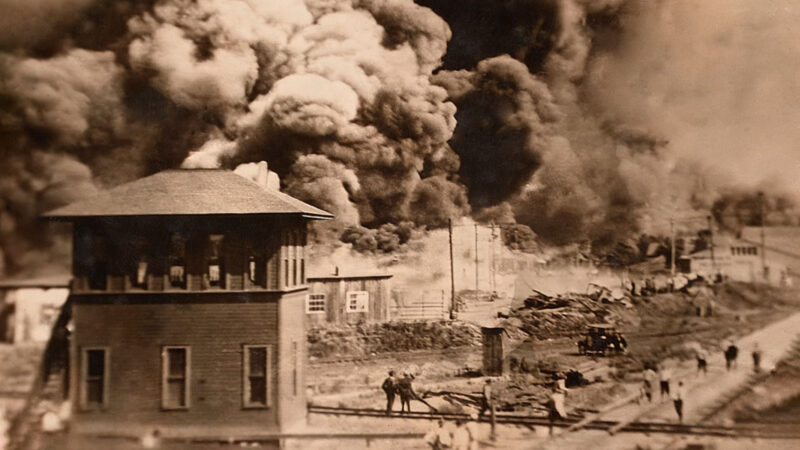
The story of the last known Tulsa race massacre survivors has always been a race against time. A race to preserve and uplift the history of the brutal moment, a race to give the last living survivors the time and platform to tell their story, and most important of all, a race to allow survivors to see a semblance of compensation for the trauma they experienced.
The reality of the Oklahoma supreme court’s decision last month to uphold a Tulsa county district court judge’s decision to dismiss their lawsuit is that survivors have likely had their last chances for reparations denied. The reparations conversation around the Tulsa massacre has always been convoluted by an indignant air by the courts and state legislators of “why should we have to pay for this” and even more of an: “Isn’t acknowledging it happened enough?” When we consider the estimated 300 Black people who died from the violence and the challenges faced by families in the years after to fight for justice or compensation, acknowledgment – particularly with just two survivors left – feels like pennies in comparison. It’s difficult for any descendants to be made whole when parts of their family tree were wiped out so swiftly. But the Tulsa race massacre is a reminder that while there isn’t a magic number that can quantify Black pain, there are real economic reverberations that Black trauma can have across generations.
More broadly, today’s generation of Black Americans are experiencing financial pressures. A Pew Research Center report released in February on how Black people view financial success found that 64% of Black adults consider their personal financial situation as only fair or in poor shape.
[…]
Financial success for Black people, according to the survey, showed that 67% said being debt-free is essential to how they view financial success. Meanwhile, 49% said that owning a home was an essential part of financial success and 44% said being able to pass down financial assets was essential for them.
The fiery loss of businesses and homes at the hands of a white racist mob in 1921 in the Greenwood district, once considered to be the “Black Wall Street” of America, was not only about loss of life but also loss of Black wealth.
The motivations behind the Tulsa Race Massacre evoke the same racism responsible for many lynchings.
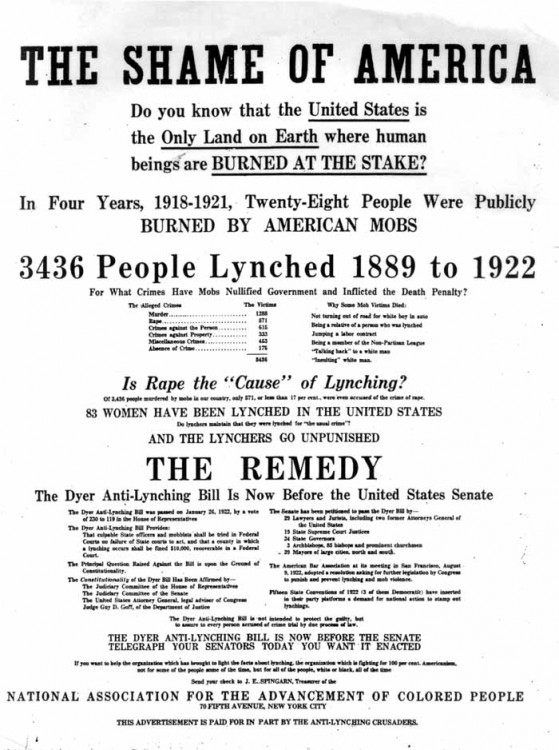
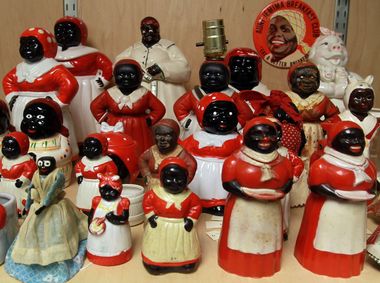
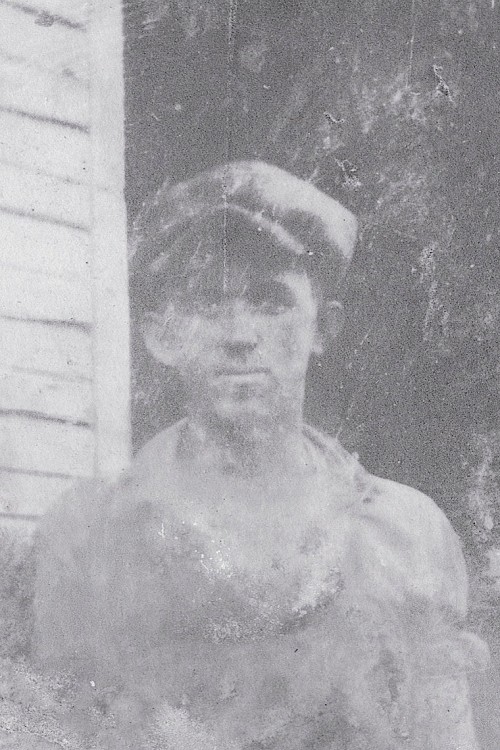
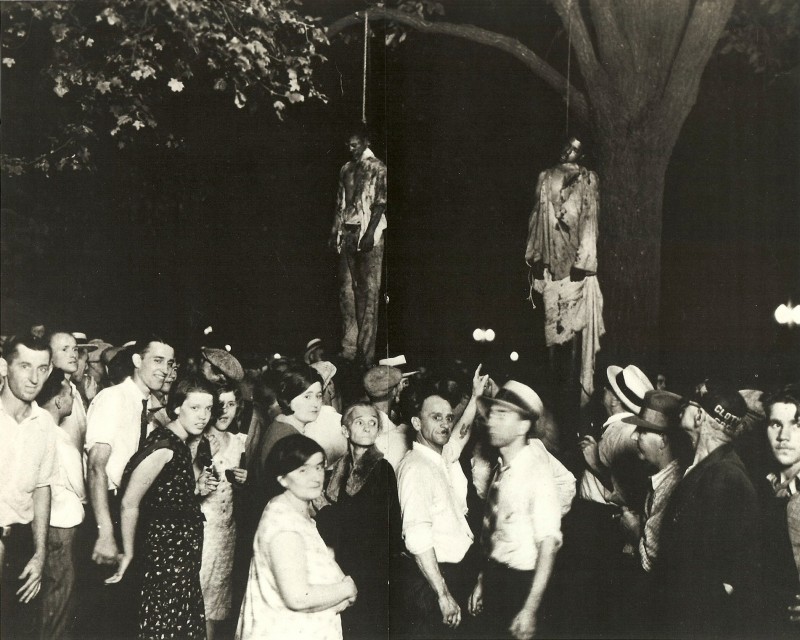
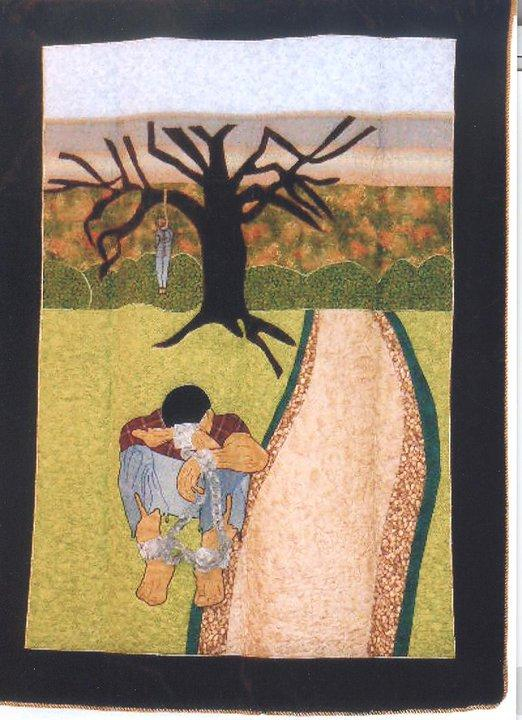




Comments Are Welcome
Note: We moderate submissions in order to create a space for meaningful dialogue, a space where museum visitors – adults and youth –– can exchange informed, thoughtful, and relevant comments that add value to our exhibits.
Racial slurs, personal attacks, obscenity, profanity, and SHOUTING do not meet the above standard. Such comments are posted in the exhibit Hateful Speech. Commercial promotions, impersonations, and incoherent comments likewise fail to meet our goals, so will not be posted. Submissions longer than 120 words will be shortened.
See our full Comments Policy here.